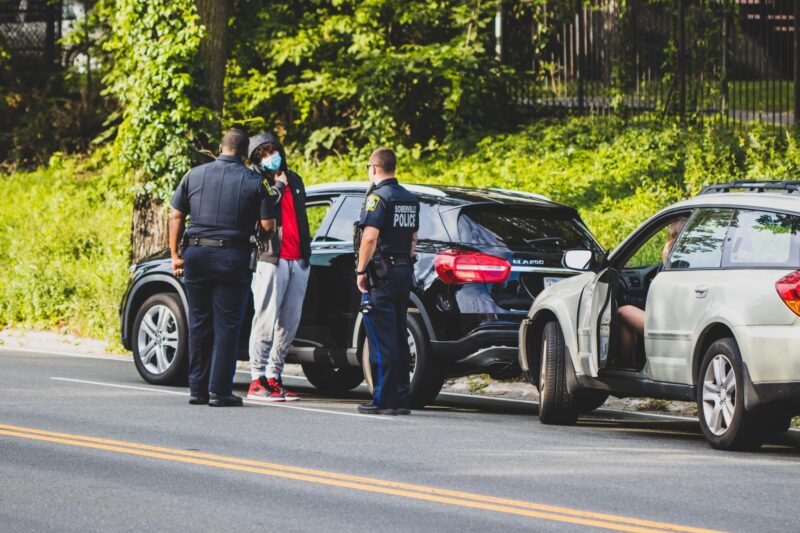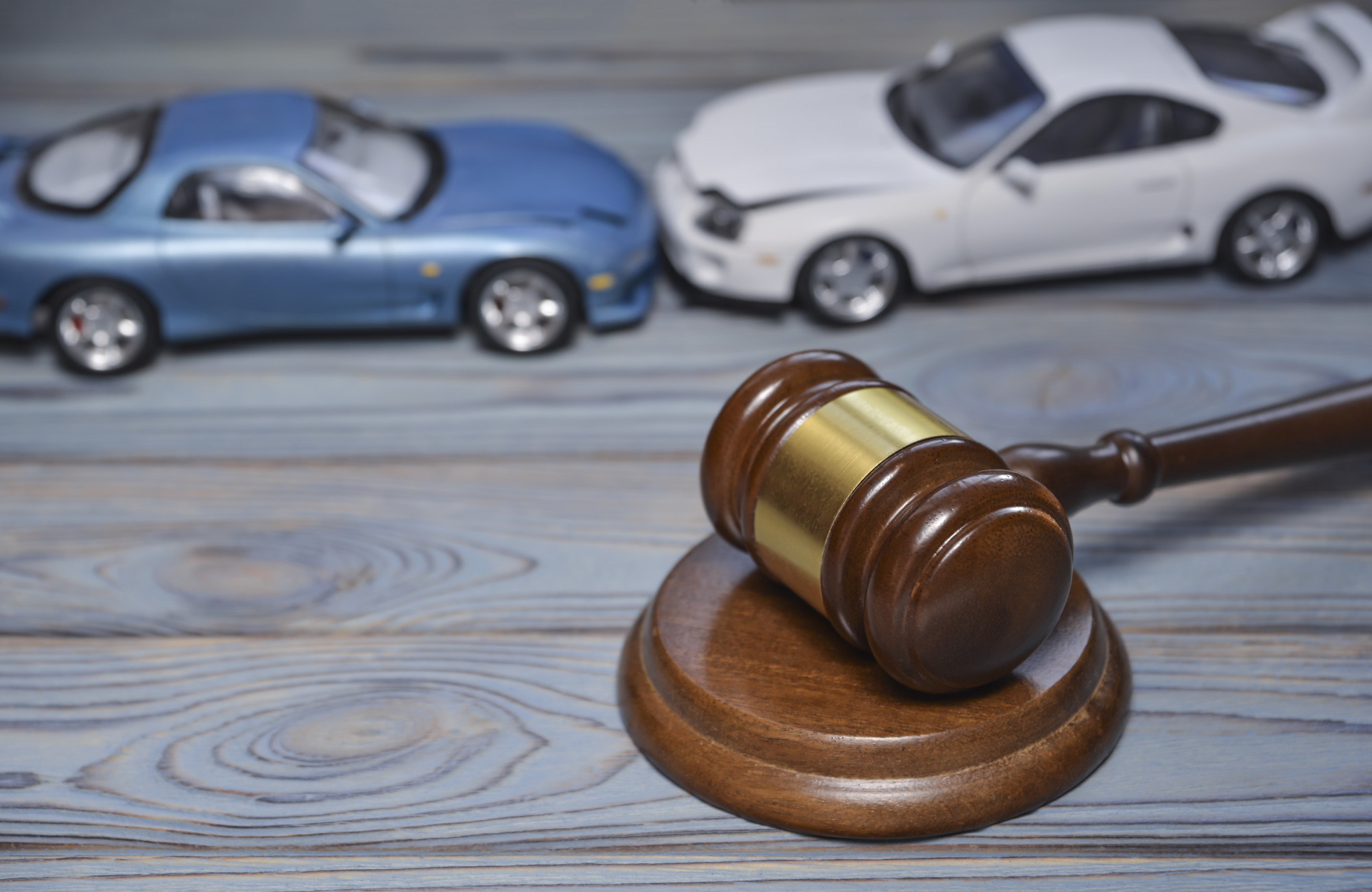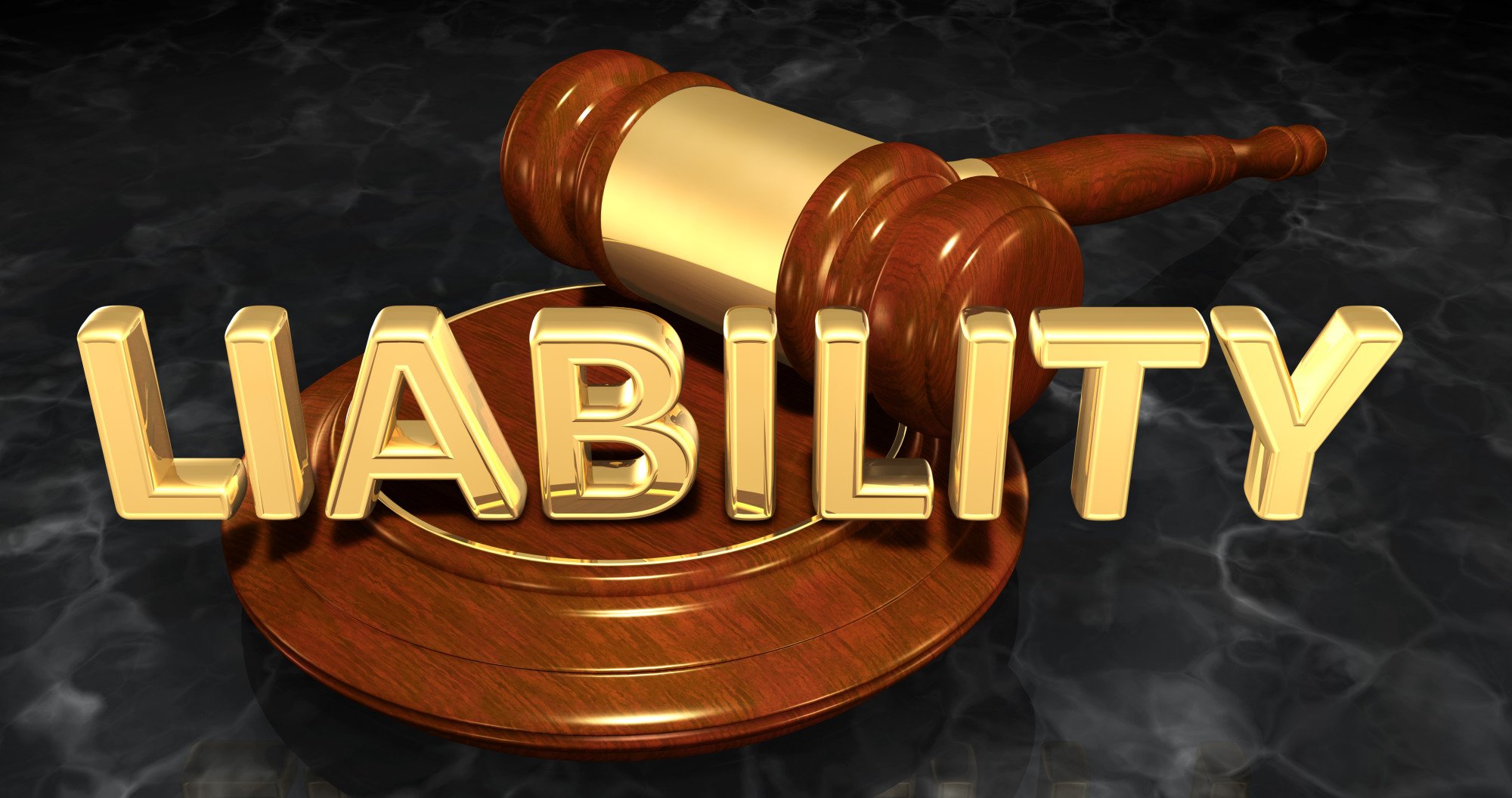Being involved in a car accident can be a stressful and overwhelming experience. In the aftermath, it’s crucial to handle the situation responsibly and make informed decisions to protect your well-being and legal rights. This article aims to highlight seven significant mistakes that individuals should avoid after a car accident, offering valuable insights and guidance for a smoother post-accident process.
Failing to Consult with an Experienced Attorney
Seeking legal advice after a car accident is a crucial step that many individuals overlook. Consulting with an experienced attorney can provide valuable guidance and protect your rights throughout the claims and legal process. A local car accident attorney can assess your case, gather evidence, negotiate with insurance companies, and advocate for fair compensation on your behalf. They have a deep understanding of personal injury laws and can navigate the complexities of the legal system. When selecting an attorney, it’s important to choose someone reputable and experienced in handling car accident cases. Consider their track record, client testimonials, and their willingness to communicate and support you throughout the process.
Fleeing the Scene of the Accident
One of the biggest mistakes an individual can make after a car accident is leaving the scene without proper protocol. Regardless of the severity of the accident, it is crucial to stay at the scene until law enforcement arrives or the necessary information has been exchanged with the other party involved. Fleeing the scene, also known as a hit-and-run, can lead to serious legal consequences, including criminal charges. Instead, it is important to contact the authorities immediately and provide accurate details of the incident. Cooperating with law enforcement and fulfilling your legal obligations is essential to ensure a fair and lawful resolution.
Neglecting to Seek Medical Attention
Even if you believe your injuries are minor or nonexistent, neglecting to seek medical attention after a car accident can have serious consequences. Adrenaline and shock may mask symptoms initially, and some injuries, such as whiplash or internal trauma, may not be immediately apparent. Delaying medical treatment can not only jeopardize your health but also weaken your personal injury claim. Insurance companies and legal parties may argue that your injuries were unrelated to the accident or question the severity of your condition. It is important to seek medical attention promptly, undergo a thorough evaluation, and follow the prescribed treatment plan. Documenting your injuries and medical records will provide crucial evidence for insurance claims and legal proceedings, ensuring you receive the compensation you deserve.
Failing to Document the Accident Scene
Documenting the accident scene is crucial in building a strong case and supporting your insurance claim. Taking immediate steps to document the scene can help preserve important evidence. Start by taking photographs of the accident scene, including the position of the vehicles, any visible damages, skid marks, and traffic signs. It’s also important to gather contact information from witnesses who can provide statements about what they saw. Additionally, make note of any adverse weather conditions or road hazards that may have contributed to the accident. Organize and preserve this documentation, including any official reports or medical records, as they will be valuable evidence during insurance claims or legal proceedings.
Admitting Fault or Making Apologies
After a car accident, it’s important to be cautious about admitting fault or making apologies at the scene. Even if you believe you may have contributed to the accident, it’s essential to refrain from admitting fault without a full understanding of the circumstances. Statements made in the aftermath of an accident can be misconstrued or used against you during insurance negotiations or legal proceedings. Instead, focus on ensuring the well-being of all parties involved and exchanging necessary information, such as contact details and insurance information. Limit your conversations about the accident and avoid making unnecessary admissions of fault until you have consulted with an attorney or insurance representative.
Neglecting to Notify Insurance Companies
Promptly notifying your insurance company about the accident is a critical step in the claims process. Failing to report the accident in a timely manner can have negative consequences and may even result in a denial of coverage. Insurance companies often have specific guidelines and deadlines for reporting accidents, so it’s important to familiarize yourself with their requirements. When reporting the accident, provide accurate and detailed information about the incident, including the date, time, location, and a factual account of what occurred. Be prepared to share the contact information of the other party involved and any witnesses. Properly notifying your insurance company will ensure a smoother claims process and allow for timely evaluation and resolution of your case.
Posting About the Accident Online
Posting on social media after a car accident can have unintended consequences and potentially harm your insurance claim or legal case. Here are a few reasons why it’s generally advised to avoid posting about a car accident on social media:
Admission of fault: Sharing details or opinions about the accident on social media can inadvertently lead to admitting fault or making statements that could be used against you. Even if you believe you were not at fault, the context of your posts or comments may be misinterpreted or misconstrued by insurance companies or opposing parties.
Inconsistent statements: Insurance companies and legal representatives may monitor social media accounts to gather evidence and investigate claims. If you post conflicting information or make statements that contradict your initial account of the accident, it can weaken your credibility and negatively impact your case.
Privacy concerns: Sharing details of a car accident on social media opens the door for unwanted attention and potential exploitation. Insurance companies or opposing parties may use your posts to scrutinize your actions or cast doubt on the severity of your injuries. Additionally, other individuals may attempt to contact you or share their opinions, which can add unnecessary stress to an already challenging situation.
Impact on emotional well-being: Posting about a car accident on social media can invite comments, questions, or sympathy from friends, acquaintances, or strangers. While support from loved ones is valuable, engaging in conversations about the accident publicly can exacerbate emotional distress or anxiety related to the incident.
In conclusion, being involved in a car accident can be a highly stressful and challenging experience. It is crucial to handle the situation responsibly and make informed decisions to protect your well-being and legal rights. By avoiding these seven big mistakes after a car accident, you can navigate the post-accident process more smoothly and increase your chances of a favorable outcome.










